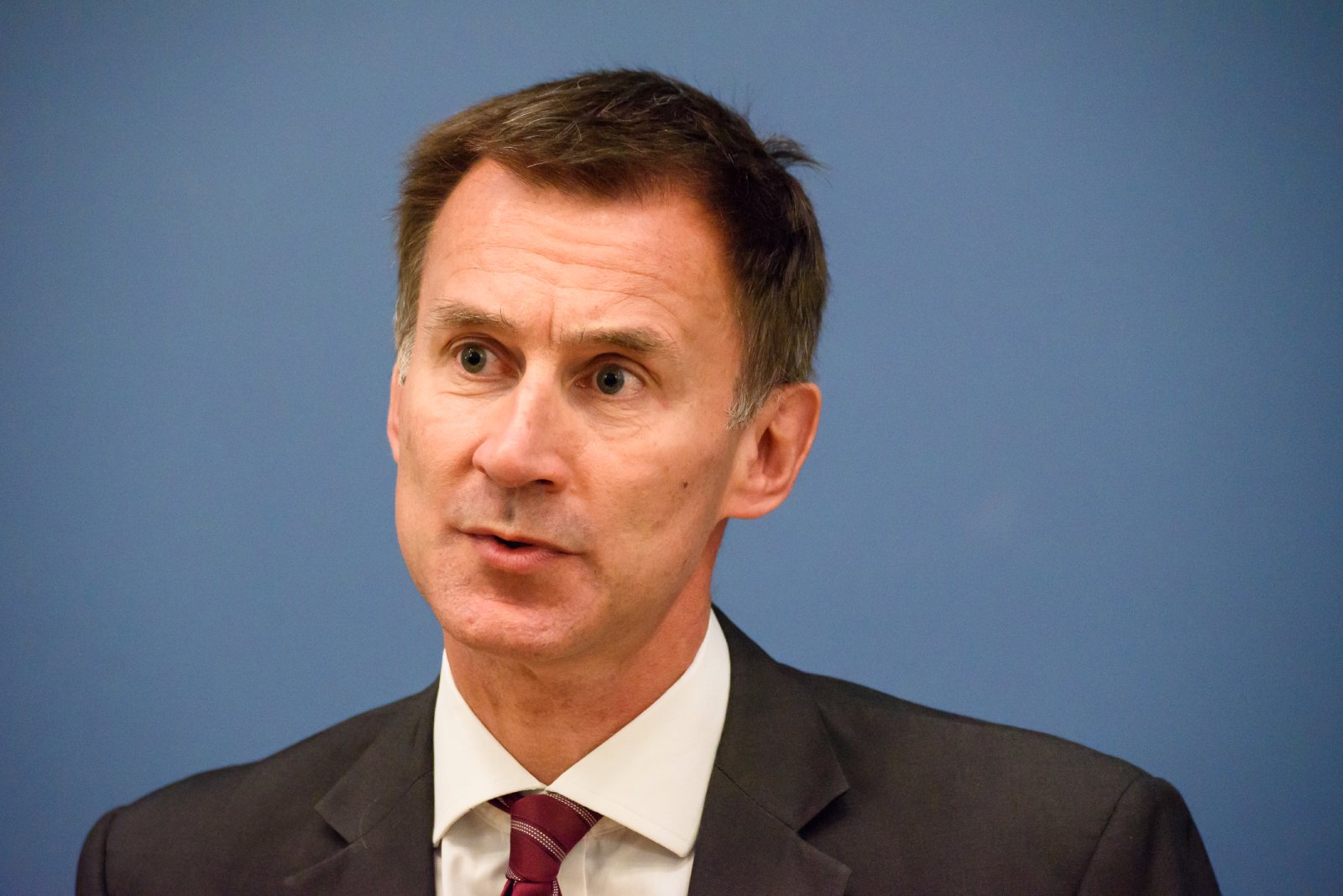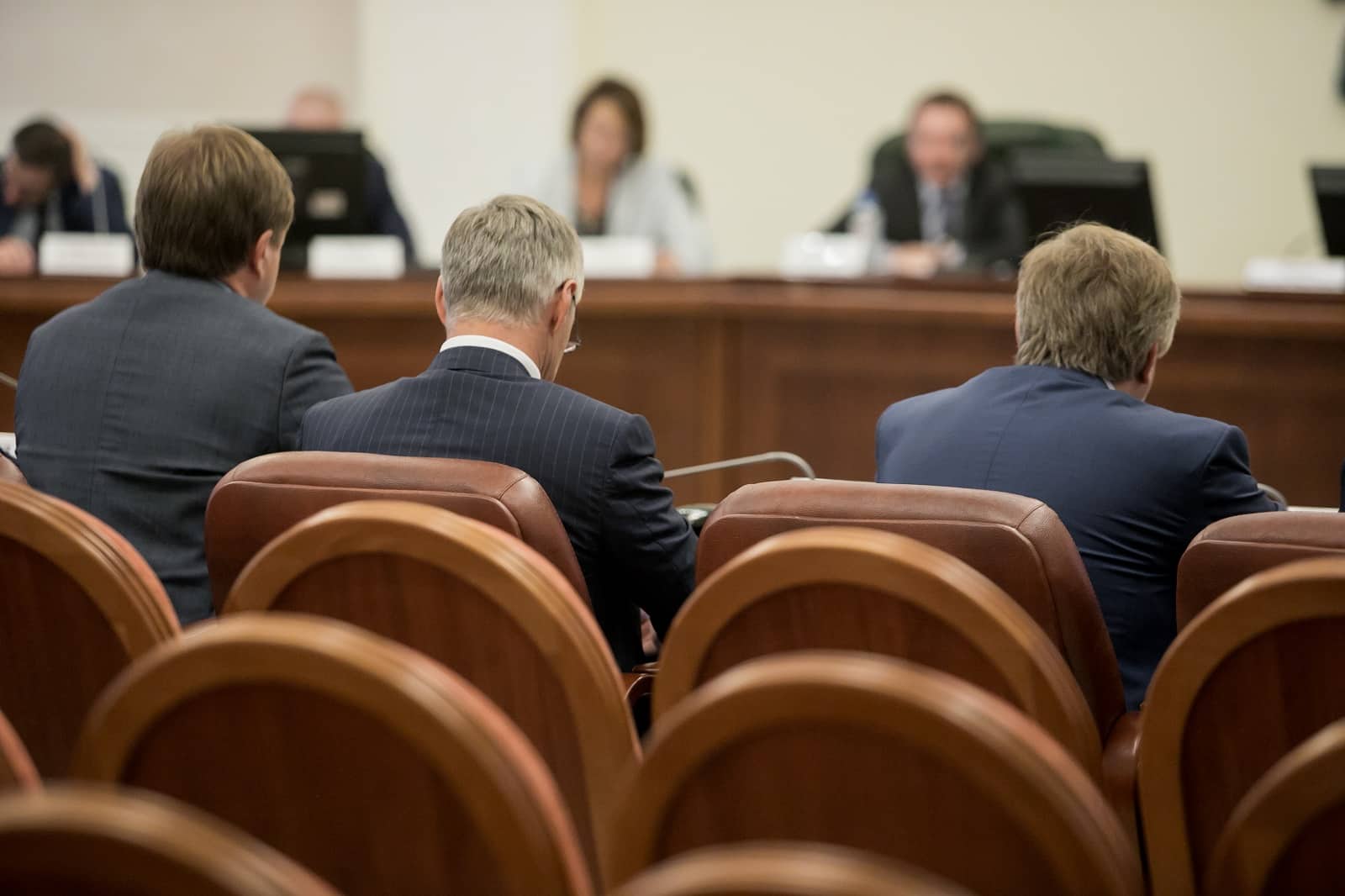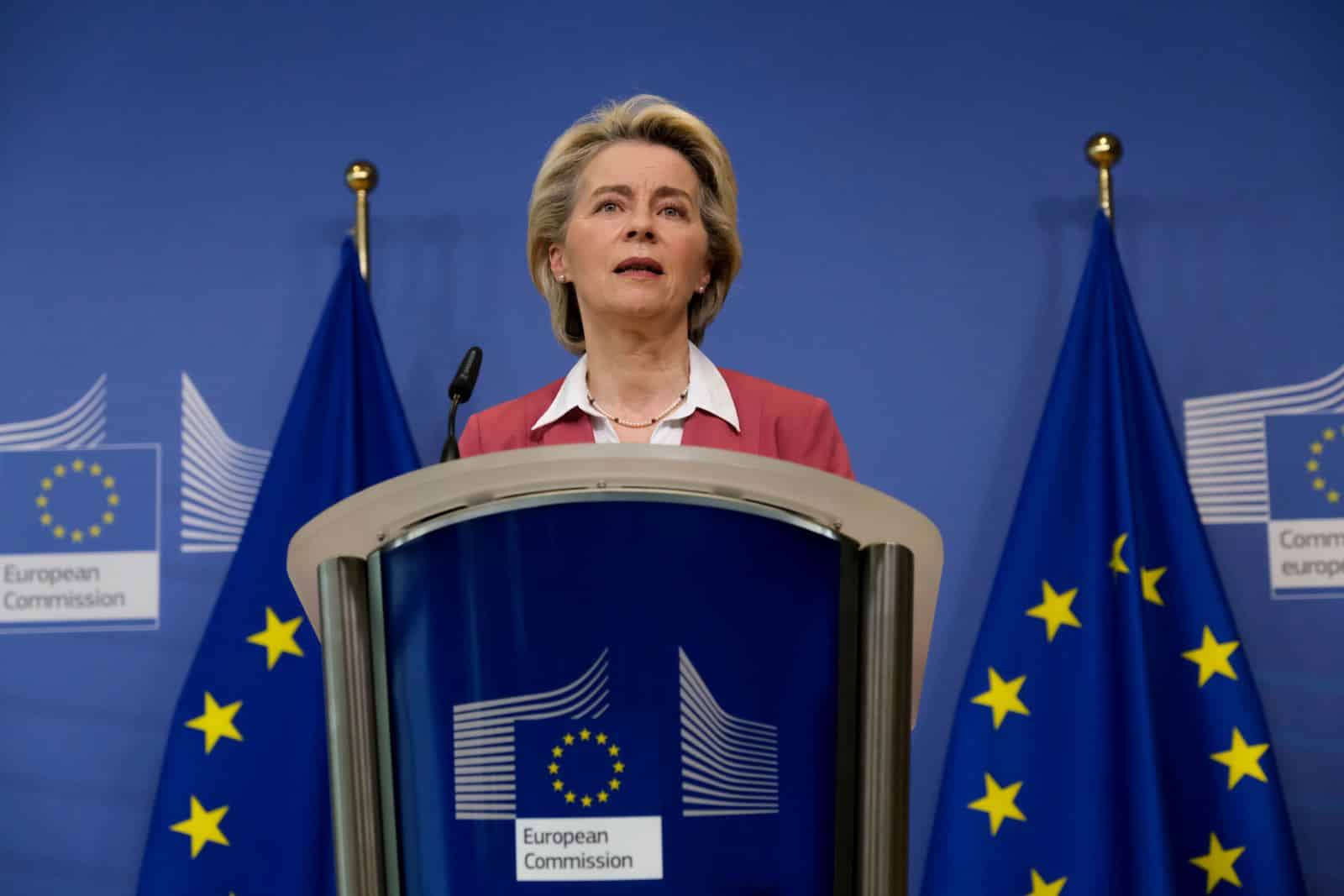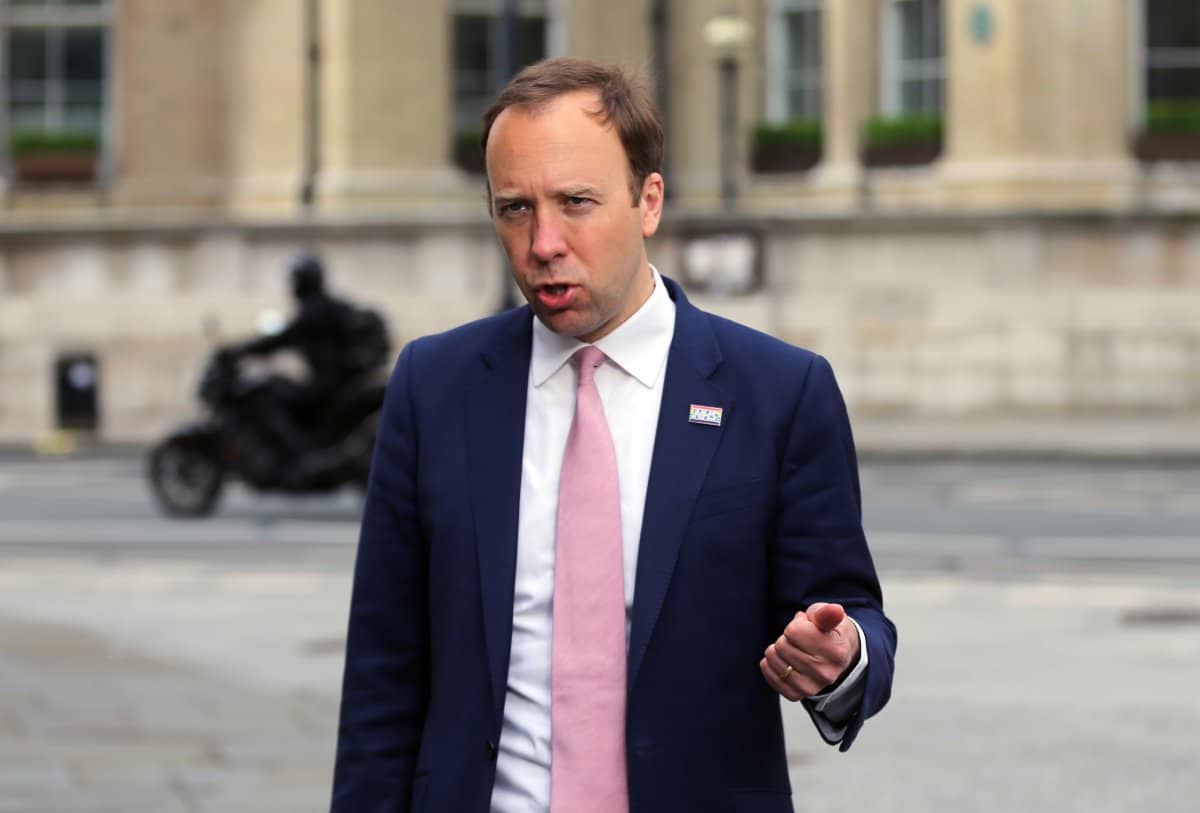A damning inquiry has revealed the UK’s catastrophic missteps and failures in pandemic preparedness, exposing the deadly consequences of groupthink and austerity. Here’s the full story.
Devastating Consequences

The Conservative UK government’s response to the COVID-19 pandemic has been eviscerated in the condemnatory 240-page first report from the COVID Inquiry. The report reveals that the country’s pandemic preparedness plans had gaping holes, which led to devastating consequences.
Hunt and Hancock

Jeremy Hunt and Matt Hancock, former Health Secretaries, were named for their roles in the disaster, encompassing the gamut of possible mistakes, from failing to update plans to preparing for the wrong pandemic.
“Fundamental Error”

The report, chaired by Baroness Hallett, pointed out that the Conservative government’s focus on influenza rather than a broader pandemic preparedness strategy was a “fundamental error.” Hallet noted that the prevalence of coronaviruses in Asia and the Middle East should have alerted officials to the likelihood of another coronavirus outbreak.
Foreseeable Event

The report states that the pandemic “was not a black swan event,” underscoring that it was entirely foreseeable. It notes that the government’s outdated plans and the prevalence of “groupthink” among ministers and officials led to a false sense of security that the country paid for in lives.
Inadequate Structures

In news that will be surprising to no one who lived through the pandemic, the inquiry found that the UK’s civil contingency structures were insufficient and failed to protect citizens from the catastrophic impact of COVID-19. The report also criticised the labyrinthine complexity of the institutions responsible for emergency planning and the lack of ministerial leadership on the issue.
“Failed Their Citizens”

The damning report concludes, “The processes, planning and policy of the civil contingency structures within the UK government and devolved administrations and civil services failed their citizens. Ministers and officials were guilty of ‘groupthink’ that led to a false consensus that the UK was well prepared for a pandemic. Never again can a disease be allowed to lead to so many deaths and so much suffering.”
Overhaul Recommendations

The report outlines several recommendations to overhaul the UK’s emergency preparedness, including the establishment of a cabinet-level committee responsible for civil emergency preparedness in each of the four nations of the UK, conducting UK-wide pandemic response exercises at least every three years and the creation of an independent statutory body to advise on civil emergency preparedness and response, including consultation with voluntary groups and public health directors.
Future Preparedness

These measures aim to ensure that the UK is better equipped to handle future pandemics, which Baroness Hallett warned are a question of “when, not if.”
Impact of Austerity

The Conservative reaction to the global financial crash of 2008, austerity, was also subjected to the harsh glare of the inquiry’s gaze, noting that severe spending cuts had weakened public services already pushed to breaking point before the virus reared its head.
“Austerity Left UK Underprepared”

Paul Nowak, general secretary of the Trades Union Congress, stated that the report’s findings showed that “austerity left the UK underprepared,” and that the country was “faced with the biggest crisis since the second world war” in which “our defences were down as a result of severe spending cuts.”
Better Response Elsewhere

The report contrasted the UK’s response with East Asian countries, which had a much better handle on the situation following previous coronavirus outbreaks like SARS and MERS. With robust test-and-trace systems and quarantine protocols ready to be implemented immediately, these nations could effectively limit COVID-19’s spread.
Outdated Strategy

In contrast, the UK’s pandemic strategy, last updated in 2011, did not account for such measures, focusing instead on managing the impact rather than preventing the spread of the virus.
Brexit Criticism

Another Conservative obsession, Brexit, was also criticised in the report. Planning for a no-deal Brexit took precedence over the necessary attention and resources that should have been spent on updating pandemic plans. Only eight of the 22 recommendations from the 2016 Exercise Cygnus, a major cross-government pandemic training exercise, were implemented by June 2020.
Swift Implementation Needed

Baroness Hallett urged swift implementation of her recommendations, stating, “If the reforms I recommend are implemented, the nation will be more resilient and better able to avoid the terrible losses and costs to society that the Covid-19 pandemic brought. I expect all my recommendations to be acted on … I, and my team, will be monitoring this closely.”
Starmer’s Response

Prime Minister Keir Starmer echoed this sentiment: “My heartfelt sympathies go out to all those who lost a loved one during that time. The report confirms what many have always believed – that the UK was under-prepared.”
Priority of Safety

He added, “The safety and security of the country should always be the first priority – and this government is committed to learning the lessons and putting better measures in place to protect and prepare us.”
Bereaved Families’ View

Families bereaved by COVID-19 welcomed the report as a “hard-hitting, clear-sighted and damning analysis.” However, many felt it did not go far enough in addressing systemic inequalities and the state of public services. As of this year, 235,000 people have died from Covid.
Stark Reminder

The findings of the Covid inquiry’s first report serve as a stark reminder of the UK’s unpreparedness for a pandemic of this scale. The failures in planning and response, exacerbated by austerity and distracted by Brexit, led to the entirely avoidable devastating loss that many families are left with today.
Uncertain Future

However, it remains to be seen whether Baroness Hallett’s recommendations will be implemented and if they will be enough should the next pandemic happen sooner than expected.
10 Worst Places to Live in the UK Today

Here’s a look at the 10 worst places to live in the UK, based on statistical analysis and local sentiment, to help you understand the challenges residents may face in these areas. 10 Worst Places to Live in the UK Today
“We Will Never Come to Help You” – Trump’s Hurtful Words Raise Concerns About EU Firepower

It was revealed in a conference in Brussels that former President Donald Trump said in 2020 that the US would “never help” Europe if it was attacked. Now, European nations are grouping to commit more firepower to combat Putin’s threat to democracy. “We Will Never Come to Help You” – Trump’s Hurtful Words Raise Concerns About EU Firepower
Brexit Fallout: 20 Ways the EU Is Falling Apart Without the UK

Since Brexit, the EU has been grappling with multiple crises and internal conflicts. Can the bloc hold itself together in these turbulent times? Brexit Fallout: 20 Ways the EU Is Falling Apart Without the UK
Featured Image Credit: Shutterstock / I T S.
Grant Gallacher is a seasoned writer with expertise in politics and impactful daily news. His work, deeply rooted in addressing issues that resonate with a wide audience, showcases an unwavering commitment to bringing forth the stories that matter. He is also known for satirical writing and stand up comedy.

